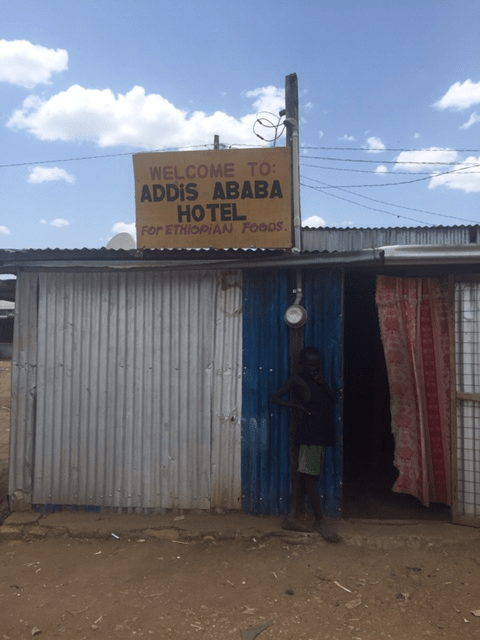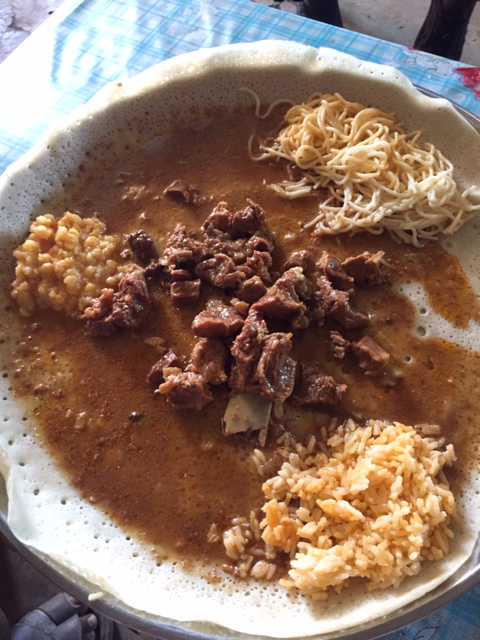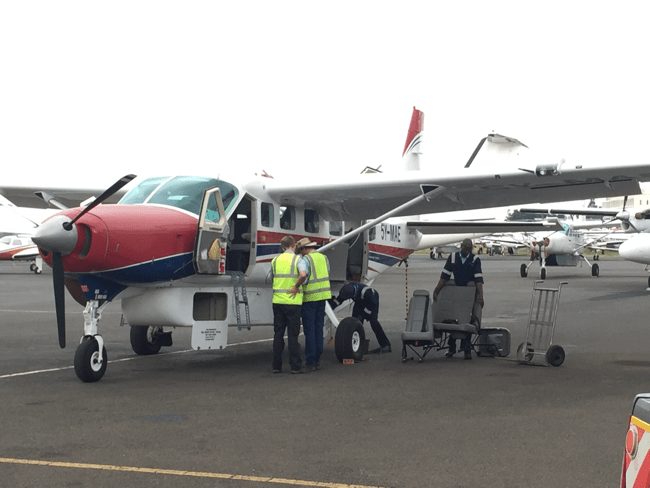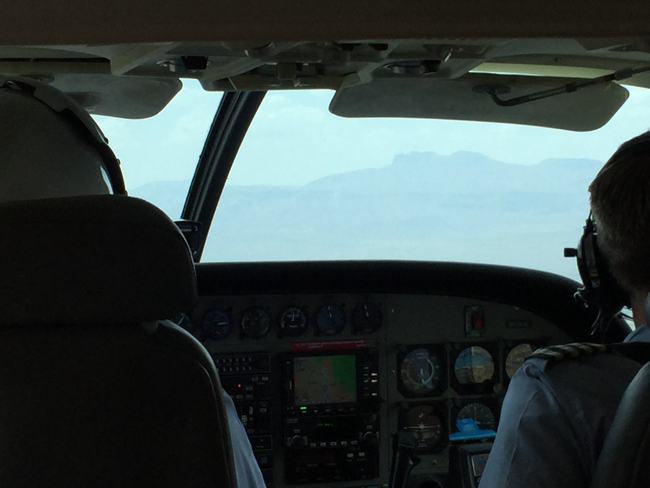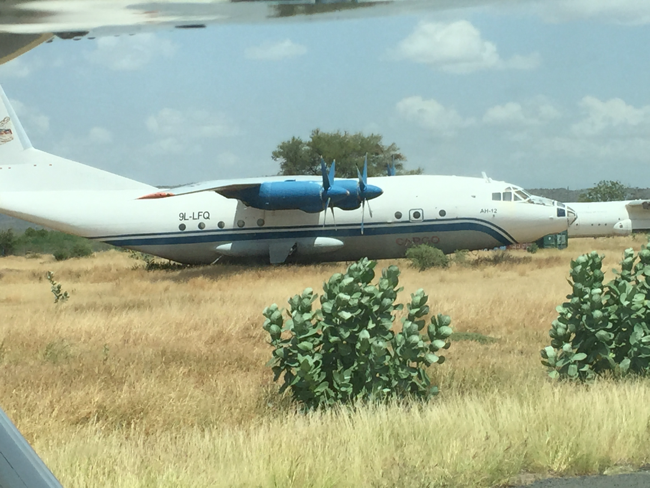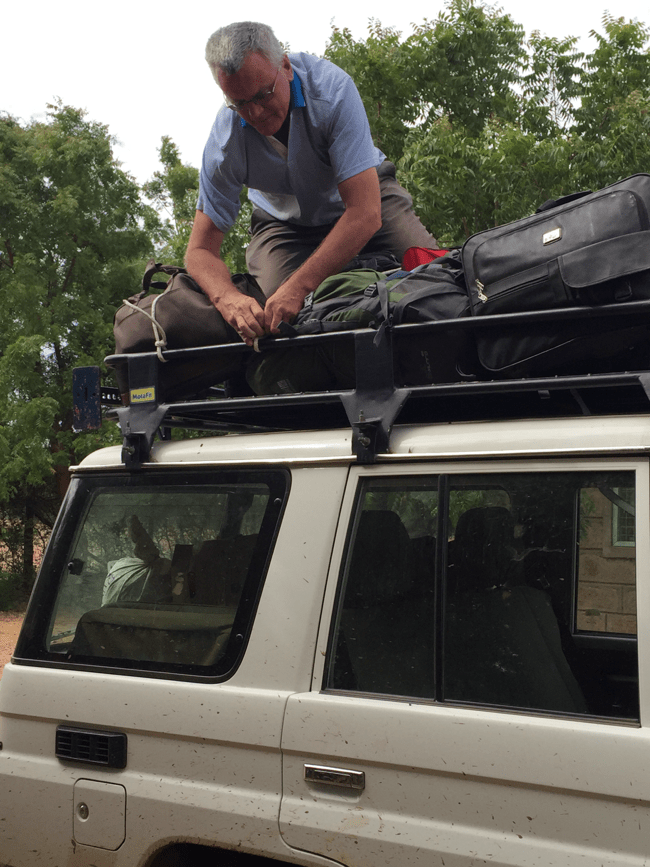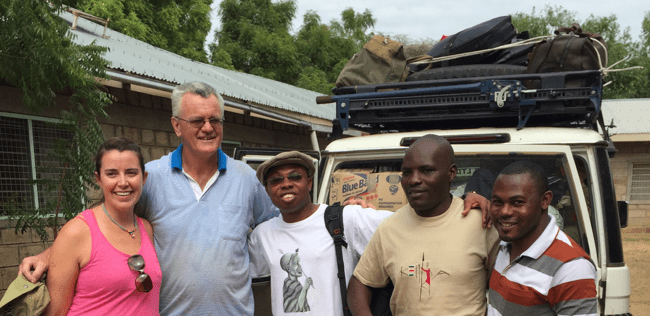One evening while I was still in Narus. I went walking with Fr. Emmanuel and Fr. Tommy Gilooley. We walked further from the village than I had been before and I was surprised to learn that about 30 minutes walk from St. Bakhita Girls Primary School, there was another school that I had not heard of before. It was in a place called Nachepo.
I knew that people lived in that direction. I often met the women dressed in the traditional dress with charcoal or wood on their heads walking towards Narus to trade in the market there. They carried jerry cans full of milk on their return the jerrycans were full of aragi.
We came to a school seemingly in the middle of no where. The fences were broken down, the roof was damaged, there was no one to be seen and it looked as though there hadn’t been anyone here for a long time. The cement floors of the classrooms had cracked and in places turned to dust. There were very few benches and the unlocked classrooms were occupied only by hornets and termites.
It felt as though nature was claiming that piece of land back for itself.
I asked if children still came here. The answer came….”they come when there is food”.
This wasn’t an unusual response. I know that food is a large part of the reason parents send their children to school here. The rations provided by the school, sometimes with the help of the World Food Programme, are a huge part of the reason that children are sent to school here. It is not unusual that the only food a child will eat is the food provided in the school.
But what I can’t say is why on that day and in that place, I was so struck and so upset by the answer. The people here are hungry. I will say that the suffering here is nothing when compared to what is happening further north in the areas worst hit by the war.
The Sudan Tribune reported yesterday that there had been a sort of mini-famine in a town a short distance from here. Just twelve deaths were attributed to hunger.
“Just twelve deaths”…lets just let that sink in for a second.
If twelve people died of hunger in my home town of Abbeyfeale in Co. Limerick or in even in London where I live, what would happen? People would care, right? There would be public outcry and an investigation into how our society could have let this happen.
So why is it that here, in a country that has been ravaged by war for decades, there is no outcry? And not just here, but in so many other places across the globe.
Have we too become sensitised to hardship and suffering? We watch the news every evening and we hear about refugees drowning in the Mediterranean, civilians being executed for practising their faiths, war breaking out here, violent clashes there. I’ve grown up through the 80s and 90s with talk of the famines in Kenya, Darfur and Ethopia. Band Aid made us all aware. We were outraged. Where is the outrage now?
During this trip, I have been deeply troubled by the fact that there are children in this world who wake up in the morning and will not eat that day. There are places in this world that we live in where hunger is normal, where the people almost accept the lack of food as a fact of life.
This is the same world where we as Europeans have experienced beef and milk mountains, where supermarkets and restaurants disgard huge amounts of food every day, where we are overweight, where we carry mobile phones which cost almost an entire year of wages for a trained school teacher in somewhere like South Sudan.
I’m sorry that this turned into a loathsome rant. It wasn’t intended. I’ve been trying to write this post for weeks now. I haven’t quite been able to get my feelings out in any intelligable sense. I haven’t been able to make sense of my unexpected outrage or the fact that I’m so troubled by it now more than ever before.

